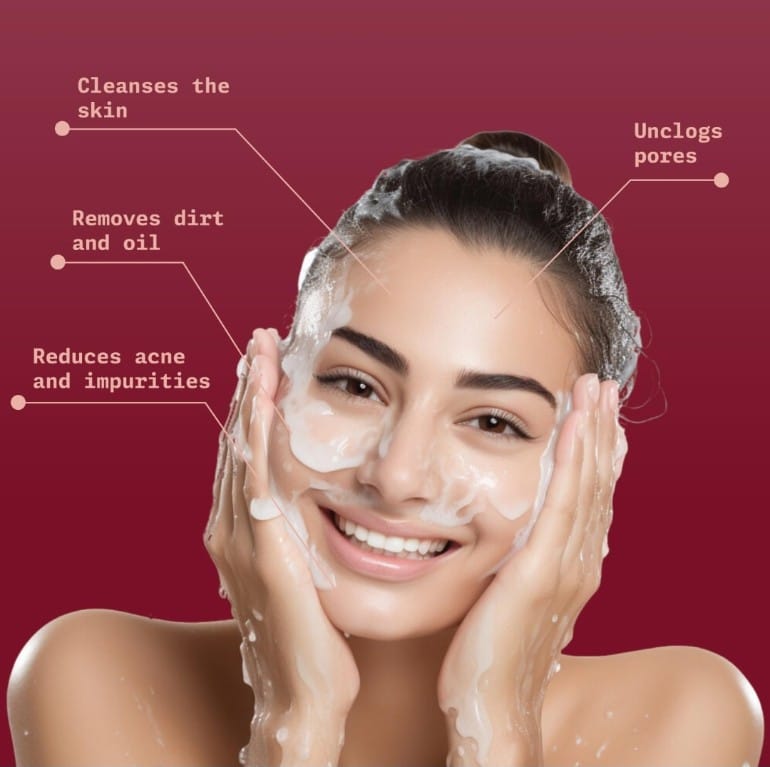What is retinol cream used for

Retinol cream is a popular skincare product known for its ability to improve skin texture, reduce signs of aging, and promote a youthful appearance. Here’s an overview of what retinol cream is, its benefits, and how to use it effectively:
What is Retinol?
Retinol is a form of vitamin A that is widely used in skincare products for its powerful anti-aging and skin-renewing properties. It is a type of retinoid, a class of compounds derived from vitamin A that helps regulate skin cell turnover.
Benefits of Retinol Cream
- Reduces Wrinkles and Fine Lines: Retinol stimulates collagen production, which helps to smooth out fine lines and wrinkles, making the skin appear firmer and more youthful.
- Improves Skin Texture: It promotes the shedding of old skin cells and encourages the production of new, healthy skin cells, leading to a smoother and more even skin texture.
- Brightens Skin Tone: Retinol helps to fade dark spots, age spots, and hyperpigmentation by promoting cell turnover and reducing melanin production.
- Reduces Acne: By preventing clogged pores and encouraging the turnover of dead skin cells, retinol can help reduce acne and improve overall skin clarity.
- Enhances Skin Radiance: Regular use of retinol can result in a brighter complexion, as it helps to remove dull, dead skin cells and improve skin tone.
How to Use Retinol Cream
- Start Slowly: If you’re new to retinol, begin by using the cream 2-3 times a week to allow your skin to adjust. Gradually increase usage as your skin builds tolerance.
- Apply at Night: Retinol can make your skin more sensitive to sunlight, so it’s best used at night. Apply it after cleansing and before moisturizing.
- Use a Pea-Sized Amount: A small amount is sufficient for the entire face. Apply it evenly, avoiding the eye area and any areas with broken skin.
- Moisturize: Follow up with a moisturizer to help keep your skin hydrated and reduce potential dryness or irritation caused by retinol.
- Sunscreen is Essential: During the day, use a broad-spectrum sunscreen with at least SPF 30 to protect your skin from UV damage and prevent further irritation.
- Avoid Combining with Certain Ingredients: Be cautious when using retinol in conjunction with other strong active ingredients like alpha hydroxy acids (AHAs) or beta hydroxy acids (BHAs), as this can increase the risk of irritation.
Recommended Retinol Creams
- Olay Regenerist Retinol 24 Night Moisturizer: Known for its hydrating properties and effective retinol formula.
- Neutrogena Rapid Wrinkle Repair Retinol Oil: A lightweight option that combines retinol with hydrating oils.
- RoC Retinol Correxion Deep Wrinkle Night Cream: Offers a potent retinol formula designed to target deep wrinkles.
What is retinol cream used for
Retinol cream is a versatile skincare product with multiple benefits. It is primarily used for its anti-aging properties and to improve overall skin texture. Here’s a detailed look at what retinol cream is used for:
Uses of Retinol Cream
- Anti-Aging
- Reduces Wrinkles and Fine Lines: Retinol stimulates collagen production, which helps to smooth out fine lines and wrinkles, making the skin look firmer and more youthful.
- Boosts Skin Elasticity: By encouraging the production of new skin cells, retinol can help improve the skin’s elasticity, reducing sagging and giving it a more youthful appearance.
- Skin Texture Improvement
- Promotes Cell Turnover: Retinol accelerates the process of skin cell turnover, helping to remove dead skin cells and reveal fresher, smoother skin.
- Fades Acne Scars: By encouraging the shedding of old skin and promoting new cell growth, retinol can help diminish the appearance of acne scars and other skin blemishes.
- Brightening Skin Tone
- Reduces Hyperpigmentation: Retinol helps to fade dark spots, age spots, and sun spots by inhibiting melanin production and promoting the turnover of pigmented cells.
- Enhances Radiance: Regular use of retinol can result in a brighter, more even complexion, as it helps to remove dull, dead skin cells.
- Acne Treatment
- Prevents Clogged Pores: Retinol helps to prevent the formation of acne by keeping pores clear of dead skin cells and reducing the likelihood of blockages.
- Reduces Existing Acne: It can help to minimize the severity of acne outbreaks by promoting faster skin renewal and reducing inflammation.
- Improves Skin Hydration
- Supports Moisture Retention: While retinol can initially cause dryness, consistent use can improve the skin’s ability to retain moisture by enhancing the overall health and function of the skin barrier.
How Retinol Cream Works
Retinol, a form of vitamin A, works by penetrating the skin and influencing the behavior of skin cells. It encourages the shedding of old, damaged skin cells and stimulates the production of new, healthy ones. This process helps to improve various skin concerns, from fine lines and wrinkles to uneven skin tone and acne.
Key Considerations
- Start Slowly: When first using retinol, start with a lower concentration and gradually increase usage to allow your skin to build tolerance.
- Use Sunscreen: Retinol can make your skin more sensitive to sunlight, so it’s important to apply sunscreen during the day to protect your skin from UV damage.
- Moisturize: Incorporate a good moisturizer to counteract potential dryness or irritation associated with retinol use.
Retinol cream is a powerful tool in skincare, offering a range of benefits from reducing signs of aging to improving skin texture and clarity. By incorporating it thoughtfully into your routine, you can achieve significant improvements in your skin’s appearance and overall health.

